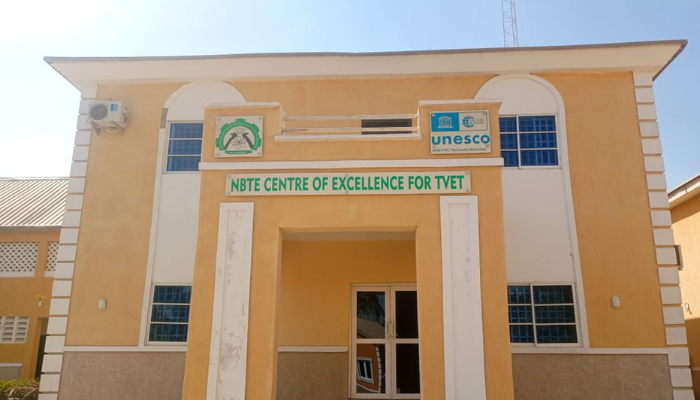The Federal Government has disclosed that more than 60 per cent of graduates from Technical and Vocational Education and Training (TVET) programmes in Nigeria are either gainfully employed or have launched their own businesses.
This was revealed by the Acting Permanent Secretary of the Ministry of Budget and Economic Planning, Dr. Sampson Ebimaro, during a one-day workshop on the National Poverty Reduction with Growth Strategy (NPRGS) held on Monday in Birnin Kebbi, Kebbi State.
Represented by the Director of the National Monitoring and Evaluation Department, Mrs. Ayinde-Yakubu Olasumbo, Ebimaro said the workshop aimed to assess the impact of ongoing initiatives designed to alleviate poverty and drive sustainable development across the country.
He noted that the NPRGS is a flagship government programme targeting the upliftment of 100 million Nigerians out of poverty over the next ten years. The strategy is anchored on four core pillars: macroeconomic stability, industrialisation, trade and economic growth, and redistributive programmes.
“The NPRGS is being implemented through five critical components,” he explained. These include the Agriculture for Food and Job Programme (AFJP), which supports smallholder farmers with improved inputs, training, and financial aid; the TVET Programme, which equips young Nigerians with relevant job skills; the Rural Roads Construction Programme, aimed at enhancing rural connectivity; the Productivity Improvement Programme, which focuses on strengthening Micro, Small, and Medium Enterprises (MSMEs); and the Training and Skill Acquisition Programme, which empowers citizens with vocational skills.
Ebimaro highlighted that recent field evaluations indicate a 25–30 per cent increase in crop yields and significant improvement in rural infrastructure. “More than 60 per cent of TVET graduates are now either employed or have started businesses, contributing to economic growth and increased access to essential services in rural areas,” he said.
He called on stakeholders at the workshop to provide insightful and strategic recommendations to shape the future direction of the NPRGS. “Your input is vital in ensuring that this programme remains inclusive, impactful, and sustainable,” he said.
Also speaking, the Head of Evaluation at the ministry, Mr. Gomina Mohammed, said the workshop was essential to assess the efficiency, effectiveness, and sustainability of NPRGS interventions on beneficiaries and their communities.
The event gathered stakeholders from various sectors to review field reports, discuss outcomes, and develop forward-looking strategies to enhance the programme’s success.





